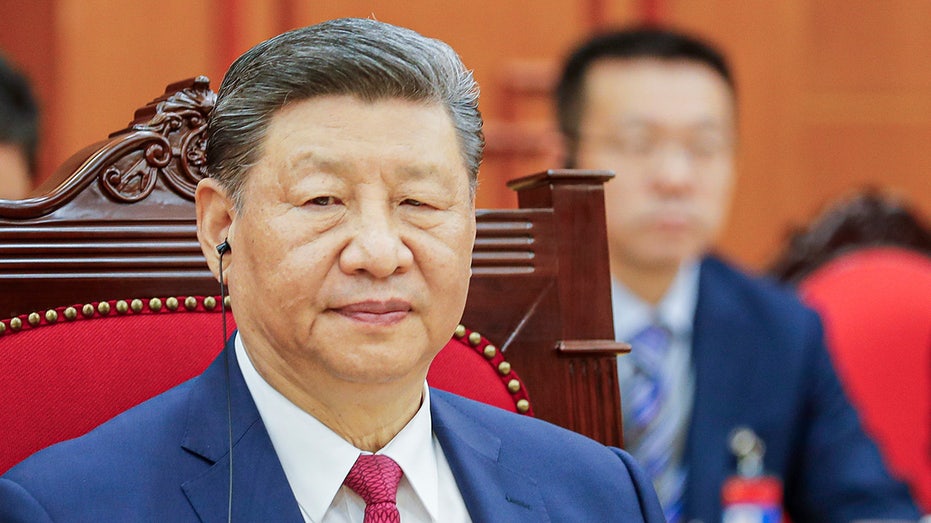Expert Warns of CCP's Threat to Americans as FBI Makes Alarming Arrests
China expert Michael Sobolik warns that the arrest of two Chinese nationals for allegedly smuggling an "agroterrorism" weapon into the U.S. raises serious national security concerns.

Federal authorities have charged two Chinese nationals with allegedly smuggling a “dangerous biological pathogen” into the United States, a development that has drawn sharp warnings from experts and ignited renewed concerns over foreign threats to American biosecurity. The individuals are accused of bringing Fusarium graminearum, a fungus classified in scientific literature as a “potential agroterrorism weapon,” to a laboratory at the University of Michigan for research purposes.
The Justice Department highlighted the severity of the threat, noting that this fungus is responsible for “billions of dollars in economic losses worldwide each year” by causing head blight—a disease that severely impacts key crops such as wheat, barley, maize, and rice. The pathogen’s toxins can also inflict serious health effects, ranging from vomiting and liver damage to reproductive defects in both humans and livestock. These allegations come amid heightened scrutiny of foreign influence and illicit activities within American academic institutions.
Michael Sobolik, a senior fellow specializing in U.S.–China relations, delivered a stark assessment of the situation in light of the arrests. He emphasized that the case reflects a broader pattern: “The fact that they want to target Americans here within the United States with pathogens and with bioweapons. This is the Chinese Communist Party. This is what they do. They're in a cold war with the United States.” Sobolik further argued that U.S. universities, lured by lucrative funding and tuition from China, have left themselves vulnerable as potential channels for espionage and biological threats. “American higher education is addicted to the Chinese Communist Party,” he warned, urging schools to stop “being willfully blind to the threat.”
According to prosecutors, one of the accused reportedly received Chinese government funding for their work on Fusarium graminearum in China, intensifying questions about the connection between the Chinese state and scientific activities conducted on U.S. soil. Authorities allege that the duo brought the hazardous agent with them to the U.S. to continue research at the University of Michigan—a move that has spotlighted not only biosecurity vulnerabilities but also the infiltration risks facing American academia.
Recent revelations about Chinese espionage efforts have underscored the magnitude of the challenge. Last month, reports emerged indicating that spies affiliated with the Chinese Communist Party may have infiltrated some of the nation's most prestigious universities to gather intelligence, according to a widely discussed investigation at Stanford University. These developments have triggered calls for tighter oversight and reassessment of research collaborations involving foreign nationals, particularly those linked to government-backed programs.
As the U.S. grapples with the implications of these charges, diplomatic tensions have flared. A spokesperson for the Chinese embassy stated that they were unaware of the details surrounding the case but insisted that the Chinese government instructs its citizens abroad to comply with local laws. They also reaffirmed Beijing’s commitment to protecting the legitimate rights of overseas Chinese nationals. Nevertheless, the incident has reignited debate over how the United States should respond to biosecurity threats emerging from international academic exchanges and research partnerships.
With the gravity of the charges and the potential economic and health consequences at stake, officials and analysts are calling for a comprehensive review of protocols at research institutions and for improved mechanisms to detect and prevent the transfer of hazardous materials across borders. The case has become a flashpoint in ongoing discussions over U.S.-China relations, campus security, and national preparedness against unconventional threats.




